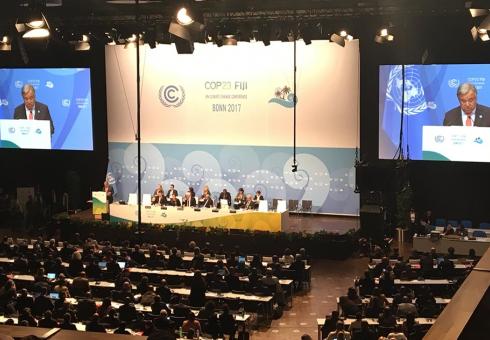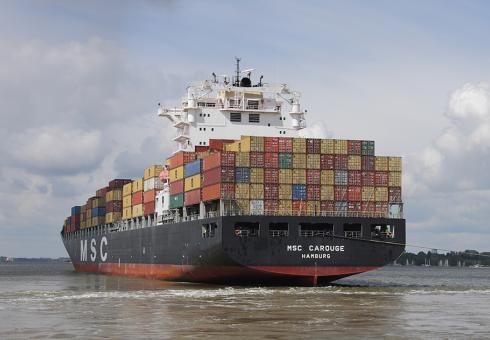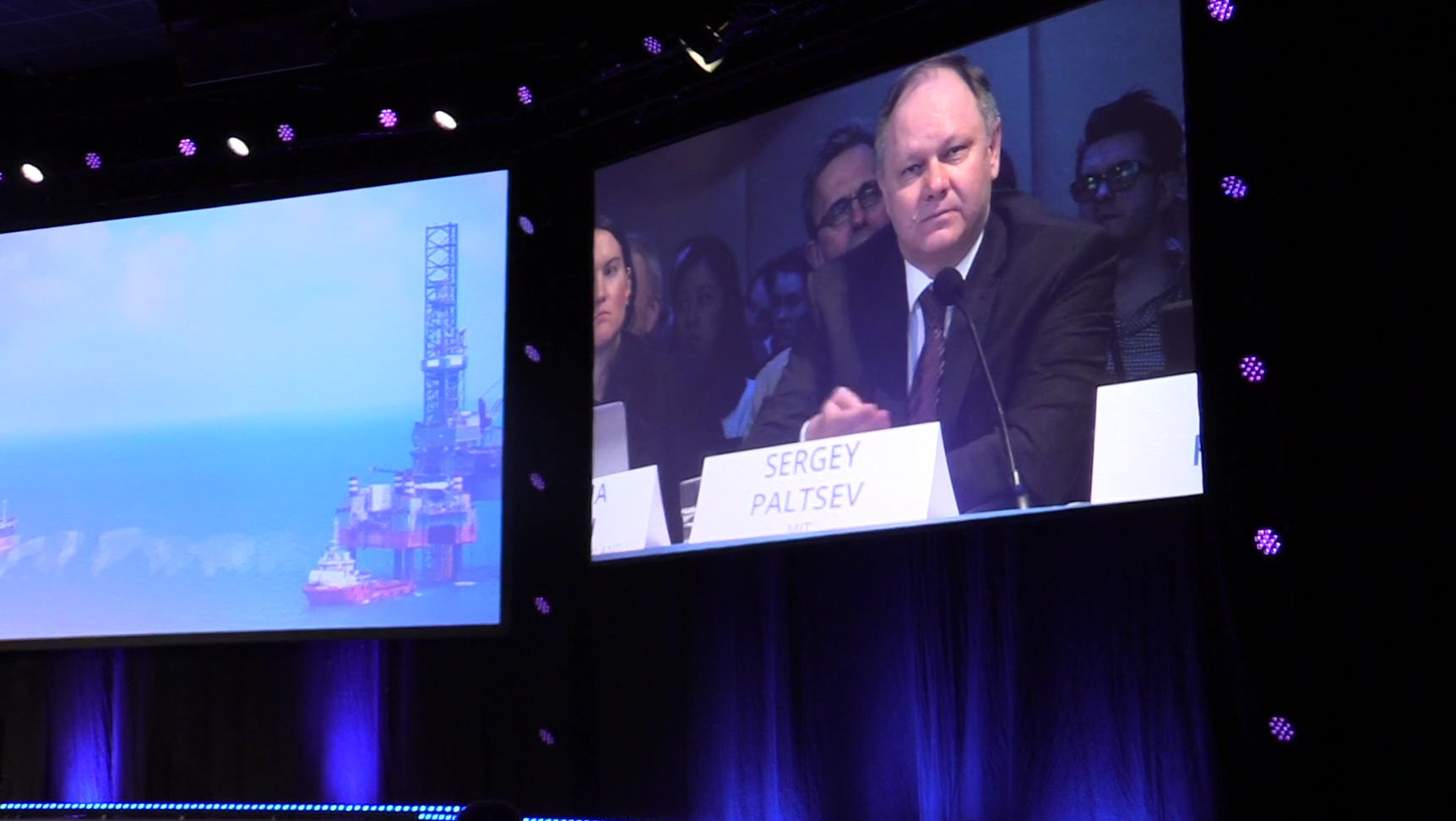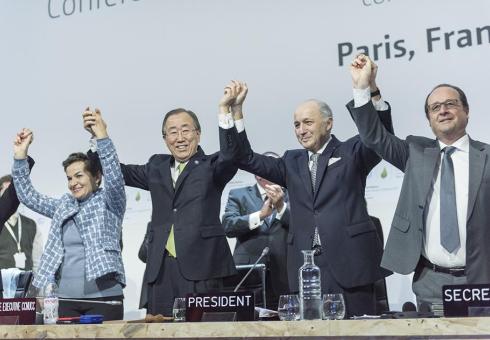News + Media

Archived Lecture
John Reilly,
Co-Director, MIT Joint Program
Around Campus
Science
In Science article, Joint Program-affiliated researchers maintain that such linkage could incent more ambitious climate action
News Release
New method could sharpen international climate policy design
In The News
Associated Press
Joint Program founding Co-Director corrects U.S. president's misinterpretation of Paris Agreement




